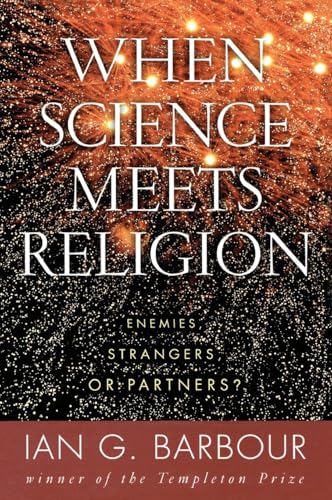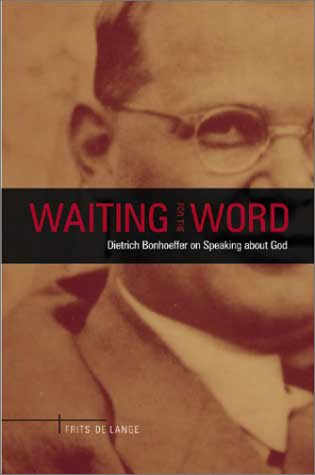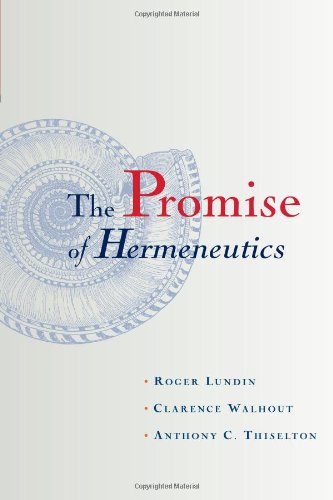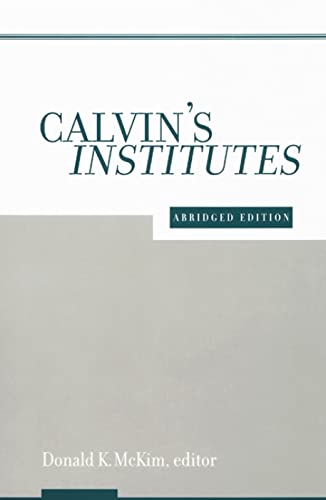The Difficult Doctrine of the Love of God
Written by D.A. Carson Reviewed By David GibsonThis is a fine little book that should be in the hands of every pastor and Bible student. At just over one hundred pages long it can be read thoughtfully in an afternoon and yet it will provide enough food for thought and open up enough avenues for further exploration to keep you occupied for weeks!
The book is made up of four chapters. In the first chapter. On distorting the love of God, Carson explains why the love of God must be judged a difficult doctrine. The majority of people today hold that any sort of Ultimate Being is necessarily a loving being, but they hold this belief outside the matrix of biblical theology. Other truths about God are widely disbelieved (such as the sovereignty of God, the wrath of God, the holiness of God) and postmodern epistemology has eroded concepts of truth and authority. Even within Christian confessionalism, articulating the love of God poses difficulties this side of two world wars, worldwide genocide, mass starvation. Hitler and Pol Pot. Carson then sets out five distinguishable ways in which the Bible speaks of the love of God: (i) The peculiar love of the Father for the Son and of the Son for the Father: (ii) God’s providential love over all that he has made: (iii) God’s salvific stance toward his fallen world: (iv) God’s particular, effective, selecting love toward his elect: (v) God’s provisional or conditional love toward his own people.
In the rest of the book Carson looks at these distinctive ways of talking about the love of God (some in a lot more detail than others) but he does not do it point by point. Rather, he examines them by examining God’s love alongside other great biblical themes (the remaining chapters are entitled God is love; God’s love and God’s sovereignty; God’s love and God’s wrath) and it is this which gives the book its greatest strength: while it is excellent on its intended topic—helping Christians to ‘grow in our grasp of what it means to confess that God is love’—it also invaluably models a way of reading both the whole and the parts of Scripture that extends beyond the topic. It models first-rate exegetical, biblical and systematic theology. Pastors wanting to put together a doctrinal sermon series will find here implicit guidance on certain errors to avoid. Carson for instance highlights the problems with methodologically flawed word studies, in this case agapao and phileo, and students wanting to unpack the doctrine of certain passages will find a model for reading individual texts with sensitivity to their place in the unfolding plot-line of the Bible. The book is littered with helpful applications: given that the love of God is undoubtedly very important pastorally, he points out that the pastoral and doctrinal implications of absolutizing any of the five distinctive ways of speaking of God’s love are disastrous. He shows how certain well-worn evangelical clichés are shown to be less than correct—‘God’s love is unconditional’: ‘God loves everyone exactly the same way’; ‘God hates the sin and loves the sinner’. Finally, at the end of the book he examines his five categories to see how in each case God’s love elicits our love.
Along the way Carson touches on some profound theological issues. The intra-Trinitarian nature of God’s love prompts brief discussion of the economic and immanent Trinity and he reads John 5:25 as an eternal grant from the Father to the Son; God’s sovereignty and human responsibility; God’s immutability and the challenges to this from the ‘open view of God’ camp; and the intent of the atonement. On each of the issues Carson has very illuminating comments which illustrate the way he reads the whole of Scripture together. For instance on the issue of impassibility, he writes:
God is impassible in the sense that he sustains no ‘passion’, no emotion, that makes him vulnerable from the outside, over which he has no control, or which he has not foreseen … God’s ‘passions’, like everything else in God, are displayed in conjunction with the fullness of all his other perfections. In that framework, God’s love is not so much a function of his will as something that displays itself in perfect harmony with his will—and with his holiness, his purposes in redemption, his infinitely wise plans, and so forth.
On the issue of the atonement, even readers not in sympathy with Carson’s Reformed stance will doubtless still be helped by his irenic treatment of the matter just as those of a Reformed persuasion will probably be challenged. (Carson is critical of the term ‘limited’ atonement and of attempts to make ‘the world’ in John 3:16 refer to the elect.) He urges the usefulness here of the five distinguishable aspects of the love of God to argue that, given the third and fourth senses in which the Bible depicts God’s love. Christians should confess that Christ died for all in the sense that his death was sufficient for all and yet should also confess that in a different sense, in the intent of God, Christ died effectively for the elect alone. Whether you agree or disagree, the reader is challenged to integrate both individual texts and the relationship between doctrines (atonement and election) more thoughtfully than we are prone to do.
Although Carson deals with each of the above profound topics more than ably, his treatment will leave some wanting a much more extensive discussion of the issues. But as a way in and as a faithful example of how to handle Scripture in doctrinal study with head and heart, this is an excellent place to start. If you haven’t got this book, get it; if you have it and haven’t read it, read it.
David Gibson
David Gibson is the Minister of Trinity Church, Aberdeen, Scotland. He is author of Reading the Decree (T&T Clark, 2009) and co-editor of From Heaven
He Came and Sought Her (Crossway, 2013).







